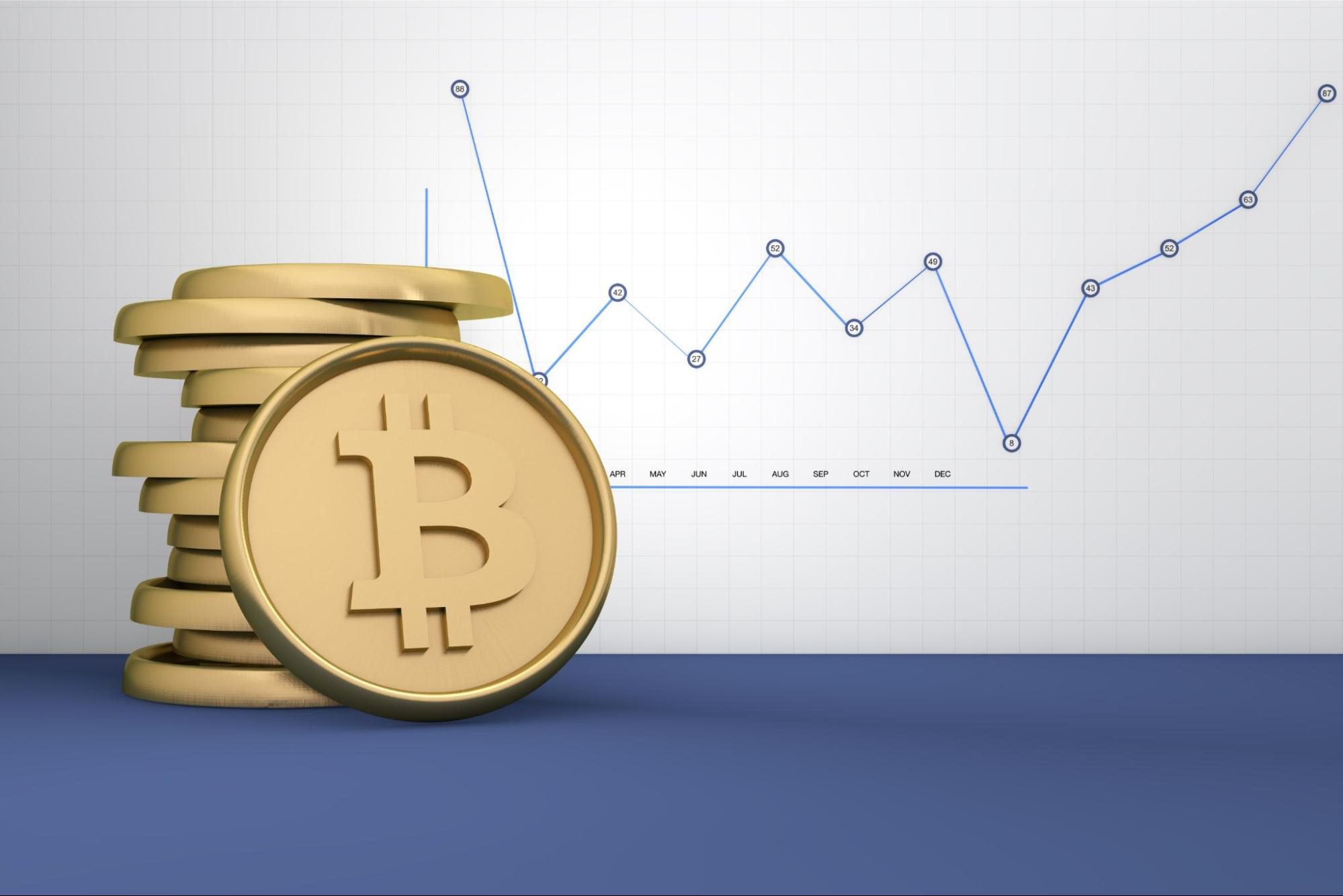The factors that affect Bitcoin price are different from the ones that affect other asset prices. While Bitcoin has many of the same drivers as other asset classes, there are a few key differences that make it more volatile.
There are some important macroeconomic drivers behind each price movement, but they don’t affect Bitcoin in the same ways they do other assets. That’s because Bitcoin is used differently than typical currencies and commodities like gold or oil.
While many people are focused on the price of Bitcoin itself, which is what they’re most often exposed to in the media and when trading, the fluctuation that happens within a 24-hour period between exchanges is really just a fraction of the larger momentum that drives the price.
In fact, looking at factors that affect Bitcoin price – trading pairs such as BTC USDT, effectively reveals a deeper picture of how Bitcoin fares against various currencies around the world, and can even give you some clues about where it’s headed in the future.
Supply and Demand
In the world of economics, supply and demand is the most important factor when it comes to price. It’s also the most basic economic principle. In simple terms, this means that if there are more people who want something than there are of that thing available, then its price will go up as demand increases; conversely if there are more people selling than buying then prices will decrease.
Bitcoin has a limited supply: only 21 million bitcoins will ever be created (or “mined”). As such, this means that if someone wants to buy Bitcoin but doesn’t have enough money or credit available on their card/bank account/etc. They may need to wait until another user sells theirs before they can get one for themselves.
Supply and demand basically means the more people want something, the higher its price will be (provided demand doesn’t exceed supply). The same happens in the economy; when people have too much money and not enough goods or services to purchase, prices rise. Bitcoins work in a similar manner.
Institutional Adoption
The institutional investors are always looking for new ways to make money. They are interested in creating a fundamentally strong investment vehicle and they also want to create new financial products that can be sold to the general public. It is one of the key factors that will determine the future of Bitcoin as a currency and as an investment vehicle.
Institutional investors are more likely to invest in the crypto market if they are eligible for tax relief. This is because these investors can make a profit from their investments, which would result in paying taxes on their profits. However, if they hold their coins in a wallet that supports tax-free withdrawals, they will not have to pay any taxes on them when they sell their coins.
Institutional investors like investing in crypto assets because of the high returns and low volatility associated with them. They also prefer investing in this sector as it provides an opportunity for diversification across different industries as well as geographies without having any impact on other parts of their portfolios.
Regulatory Changes

Regulation is a barrier to entry for new players, which can be good or bad depending on your perspective. On one hand, regulation creates an environment where only those who meet certain requirements are allowed to participate in the market. This reduces volatility because it limits participation to those who are already familiar with how markets work and have the resources necessary to enter them successfully.
On the other hand, some people see regulation as unnecessary bureaucracy that slows down innovation by creating additional hoops they must jump through before being able to do business with each other or their customers. In this case, regulations may actually increase volatility if they prevent startups from entering markets quickly enough–or at all.
A change in regulation by a country could have a significant impact on the value of Bitcoin because if trading becomes illegal in a country, users who are unable to trade Bitcoins or afraid that trading will become illegal might sell their Bitcoins quickly, which would push down the price. On the other hand, if trading becomes legal in an area where it was not legal before, demand for Bitcoins could increase which would put upward pressure on prices. For example, when Japan recognized Bitcoin as an official payment method, there was an increase in demand for Bitcoins and prices went up significantly.
News and Market Sentiment
News and market sentiment are the two most important factors that affect the price of cryptocurrencies.
- News: A major news event can cause a sudden spike or drop in the Bitcoin price. For example, when Japan recognized Bitcoin as legal tender in April 2017, it led to an increase in demand for cryptocurrency from Japanese investors and businesses that wanted to buy and sell Bitcoins using their national currency (the Yen).
This increased demand caused prices to rise sharply over just a few days. On the other hand, if there is bad press about cryptocurrencies or any negative events related to them (such as hacks), this will likely lead people who were considering buying Bitcoins not wanting anything to do with them at all–and thus cause prices to fall sharply as well. - Market Sentiment: Another factor influencing Bitcoin is market sentiment which refers to how investors feel about investing right now based on what they think might happen next with regards to things like earnings reports by large companies like Apple Inc., policy changes by governments around the world; geopolitical events such as war between nations etc..
Competition
Competition is a major factor that affects the price of Bitcoin. The more competition there is in the crypto space, the more likely it will be for people to choose other cryptocurrencies over Bitcoin. For example, if Ethereum becomes more popular than Bitcoin, then users may start using Ethereum instead because it has better features or lower fees than Bitcoin does.
There are also many fiat currencies competing with Bitcoin: USD/EUR/GBP/AUD etc., as well as gold which has been used as a store of value for thousands of years now; therefore these assets can affect how much demand there is for BTC when compared to them.
With the positive publicity surrounding Bitcoin, more and more people are becoming interested in this virtual money that could offer an alternative to traditional currencies. In order to attract new customers, exchanges have reduced their deposit fees, improved their performance and added new features. The competition among the exchanges will continue to squeeze margins as they all try to attract new customers by making it easy and cheap to use Bitcoin; this will drive down profits over time,


